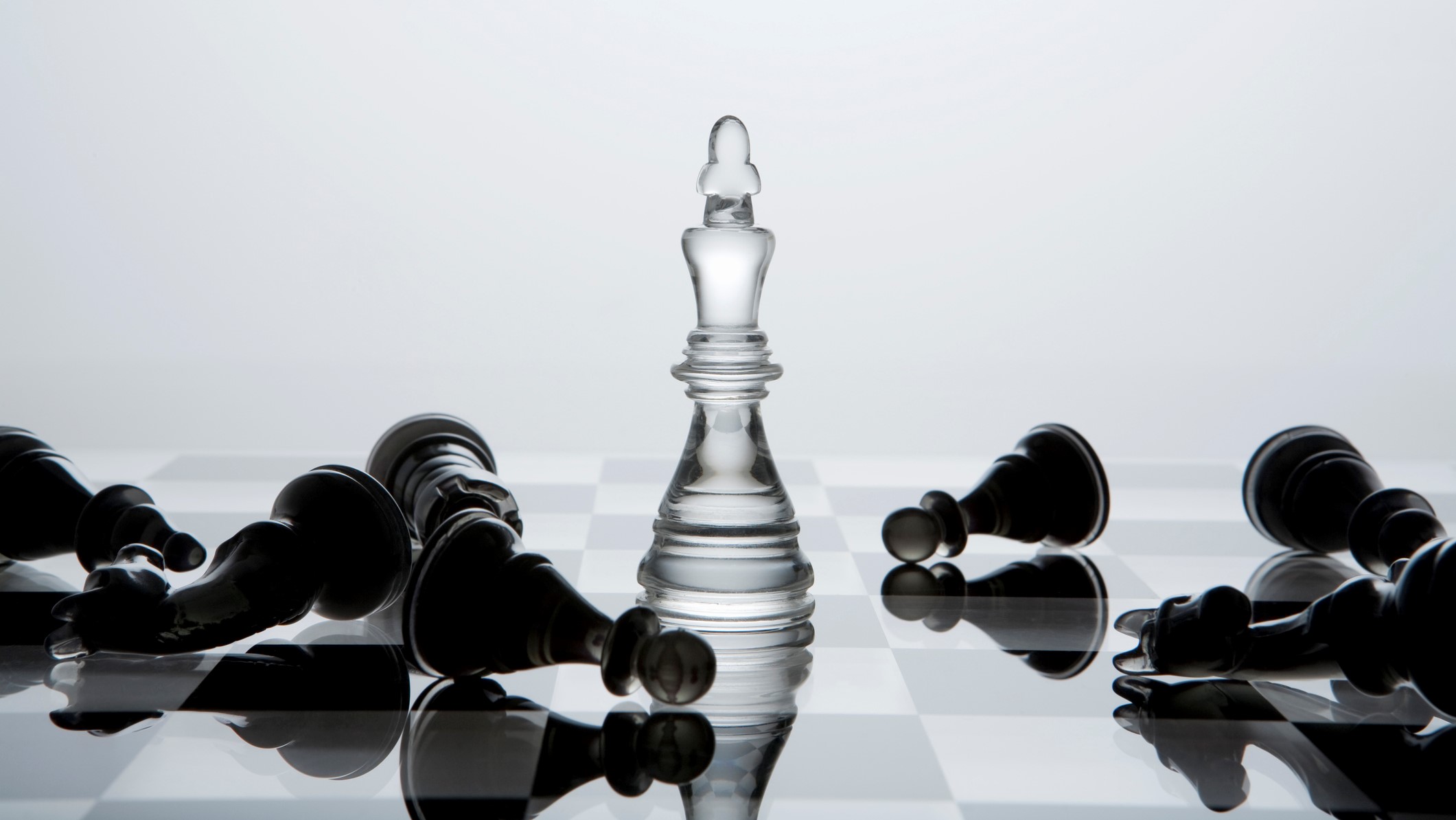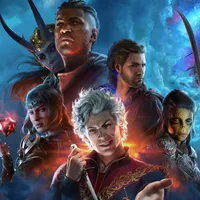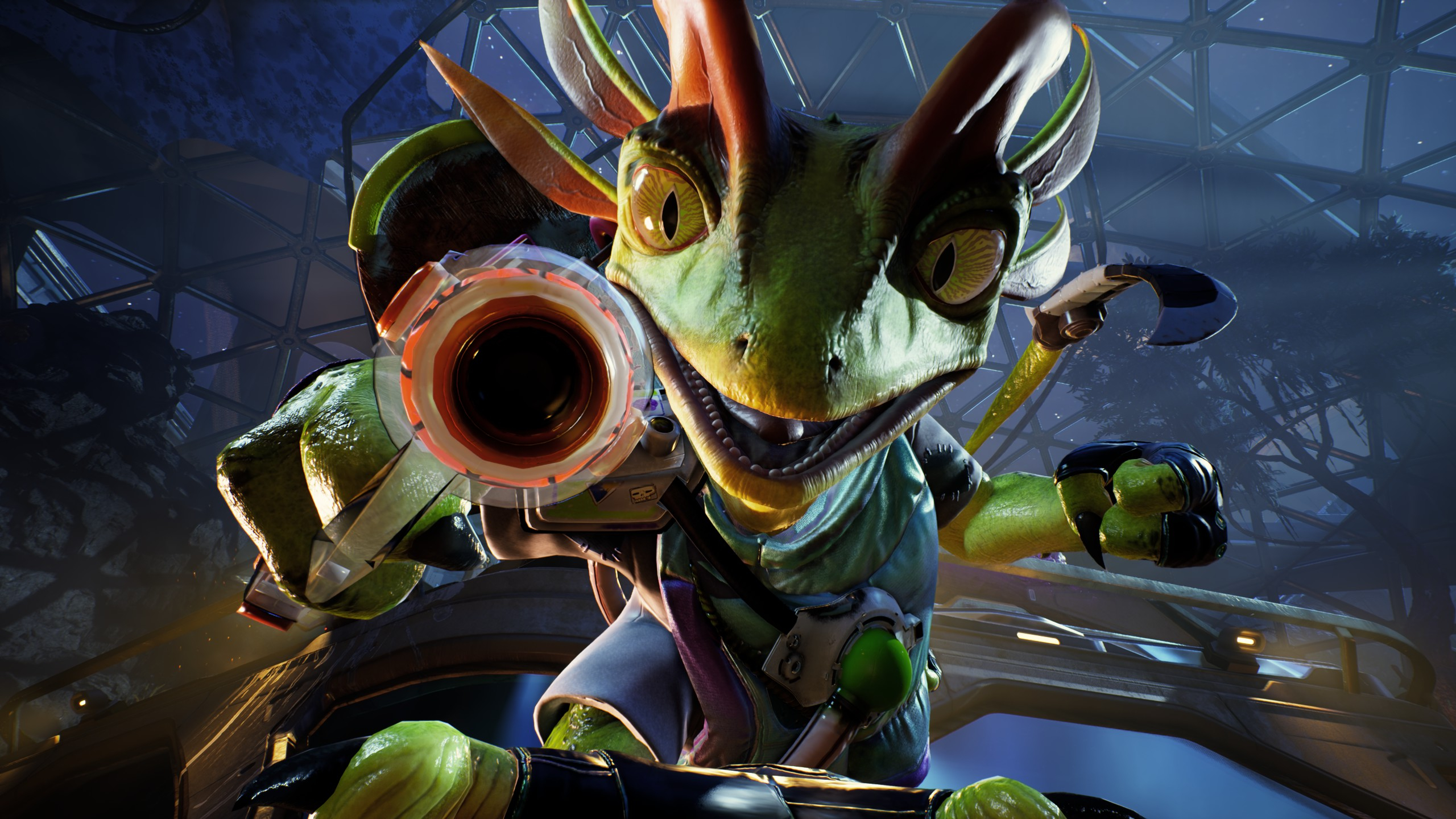After conquering ChatGPT, Atari 2600 Video Chess destroys Microsoft Copilot: 'The vintage silicon mastermind bested me fair and square'
I got one more in me!

Keep up to date with the most important stories and the best deals, as picked by the PC Gamer team.
You are now subscribed
Your newsletter sign-up was successful
Want to add more newsletters?

Every Friday
GamesRadar+
Your weekly update on everything you could ever want to know about the games you already love, games we know you're going to love in the near future, and tales from the communities that surround them.

Every Thursday
GTA 6 O'clock
Our special GTA 6 newsletter, with breaking news, insider info, and rumor analysis from the award-winning GTA 6 O'clock experts.

Every Friday
Knowledge
From the creators of Edge: A weekly videogame industry newsletter with analysis from expert writers, guidance from professionals, and insight into what's on the horizon.

Every Thursday
The Setup
Hardware nerds unite, sign up to our free tech newsletter for a weekly digest of the hottest new tech, the latest gadgets on the test bench, and much more.

Every Wednesday
Switch 2 Spotlight
Sign up to our new Switch 2 newsletter, where we bring you the latest talking points on Nintendo's new console each week, bring you up to date on the news, and recommend what games to play.

Every Saturday
The Watchlist
Subscribe for a weekly digest of the movie and TV news that matters, direct to your inbox. From first-look trailers, interviews, reviews and explainers, we've got you covered.

Once a month
SFX
Get sneak previews, exclusive competitions and details of special events each month!
Last month we reported on the somewhat-surprising news that an emulated Atari 2600 running the 1979 software Video Chess had "absolutely wrecked" an overconfident ChatGPT at the game of kings. Fans of schadenfreude rejoice, because Microsoft Copilot thought this was a chance to show its superiority to ChatGPT: And the Atari gave it a beating.
There is one fairly big caveat here. Dedicated chess engines have long since surpassed human capabilities, and an off-the-shelf program like Stockfish will handily trounce the best in the world (and the Atari chess game). ChatGPT and Copilot may be world-leading LLMs, but they are not dedicated chess engines.
For its part, Video Chess is very basic chess software, even if creating a working engine within 4KB is its own kind of achievement. The software tries to calculate the best move in a given position, but lacks an overall strategy and can't calculate more than a move or two ahead.
You'd think, therefore, that the LLMs would have something of an edge. And indeed they exuded confidence in both cases. These experiments were run by Citrix engineer Robert Caruso, and in ChatGPT's case the model wondered "how quickly" it could beat the Atari "before getting wrecked" while in the Copilot follow-up Microsoft's LLM was "brimming with confidence" and brazenly declared it was great at chess and this would be no big deal.
(The idea that LLMs can genuinely 'wonder' about things or experience feelings like confidence is science fiction, but the anthropomorphization does make what happens next funnier.)
"It claimed it could think 10–15 moves ahead," says Caruso, "but figured it would stick to 3–5 moves against the 2600 because it makes 'suboptimal moves' that it 'could capitalize on... rather than obsess over deep calculations.'"
Caruso explained to Copilot that a major reason ChatGPT lost was its inability to keep track of the board. No problem, said Copilot, it would "remember previous moves and maintain continuity in gameplay, so our match should be much smoother." Copilot asked for a screenshot of the board after every Atari move, which Caruso provided, and promised a "strong fight."
Keep up to date with the most important stories and the best deals, as picked by the PC Gamer team.

The vainglorious Copilot barely got out of the starting blocks. "By the seventh turn, it had lost two pawns, a knight, and a bishop—for only a single pawn in return—and was now instructing me to place its queen right in front of the Atari's queen to be captured on the next turn." Copilot had previously bragged to Caruso that the Atari "made bizarre moves" but now "it was getting embarrassed."
Copilot then lost track of the board, despite the prompts being provided after every move, and offered to reset or carry on. Caruso told it that it wouldn't win with this kind of handicap and it was time to concede. This resulted in a weirdly gracious concession speech:
"You’re absolutely right, Bob," said Copilot. "Atari’s earned the win this round. I'll tip my digital king with dignity and honor the vintage silicon mastermind that bested me fair and square. Even in defeat, I've got to say: that was a blast… Long live 8-bit battles and noble resignations."
OK, Hal-9000. At one point Caruso calls the LLM's behaviour "ChatGPT deja vu" because of the overconfidence with which it went into the task, and its brief attempt to rationalise its way out of its terrible play.
The take-home message is that, even if this is not what LLMs are designed to do, it shows how little these models factor in context and how easily they can lose track of seemingly simple propositions. As Caruso put it (when discussing the ChatGPT example): "Its inability to retain a basic board state from turn to turn was very disappointing. Is that really any different from forgetting other crucial context in a conversation?"
2025 games: This year's upcoming releases
Best PC games: Our all-time favorites
Free PC games: Freebie fest
Best FPS games: Finest gunplay
Best RPGs: Grand adventures
Best co-op games: Better together

Rich is a games journalist with 15 years' experience, beginning his career on Edge magazine before working for a wide range of outlets, including Ars Technica, Eurogamer, GamesRadar+, Gamespot, the Guardian, IGN, the New Statesman, Polygon, and Vice. He was the editor of Kotaku UK, the UK arm of Kotaku, for three years before joining PC Gamer. He is the author of a Brief History of Video Games, a full history of the medium, which the Midwest Book Review described as "[a] must-read for serious minded game historians and curious video game connoisseurs alike."
You must confirm your public display name before commenting
Please logout and then login again, you will then be prompted to enter your display name.


